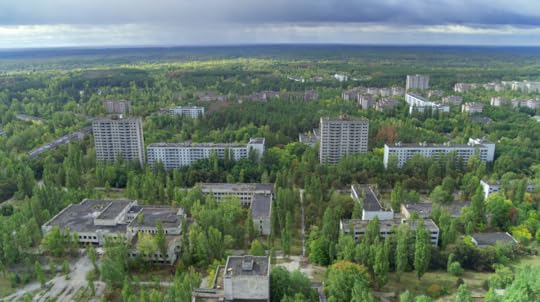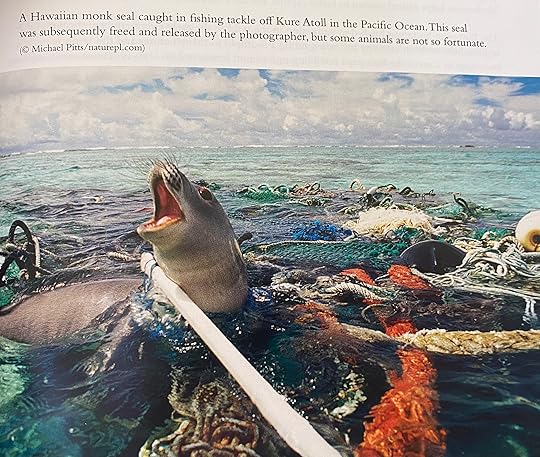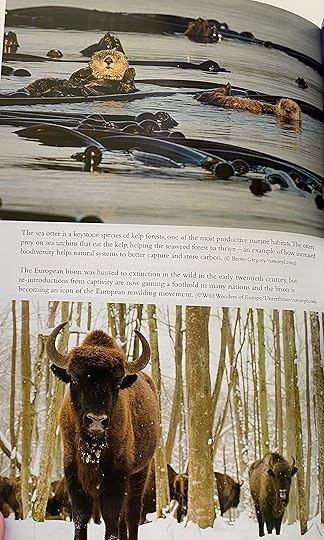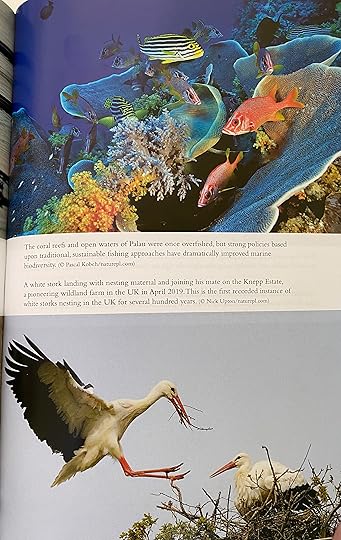What do you think?
Rate this book


272 pages, Hardcover
First published October 1, 2020
“The benign environment of the Holocene and the marvellous biodiversity is more important to us than ever.”


“Our planet is small, isolated and vulnerable. It is the only place we have, the only place where life exists as far as we can tell. It is uniquely precious.”
"The pictures from Apollo 8 transformed the mindset of the population of the world. As Anderson himself said, "We came all this way to explore the moon, and the most important thing is that we discovered the earth."
"We often talk of saving the planet, but the truth is we have to do these things to save ourselves. With or without us, the wild will return like the forest has taken over the city of Pripyat after the Chernobyl disaster forced people to evacuate the city."
“We often talk of saving the planet, but the truth is that we must do these things to save ourselves. With or without us, the wild will return.”
“We have replaced the wild with the tame. We regard the Earth as our planet, run by humankind for humankind. There is little left for the rest of the living world. The truly wild world–that non-human world–has gone. We have overrun the Earth.”
“We live our comfortable lives in the shadow of a disaster of our own making. That disaster is being brought about by the very things that allow us to live our comfortable lives.”
“We have come as far as we have because we are the cleverest creatures to have ever lived on Earth. But if we are to continue to exist, we will require more than intelligence. We will require wisdom.”
“Our planet is small, isolated and vulnerable. It is the only place we have, the only place where life exists as far as we can tell. It is uniquely precious.”
We regard the Earth as our planet, run by humankind for humankind. There is little left for the rest of the living world.
The natural world is fading. The evidence is all around. It has happened during my lifetime. I have seen it with my own eyes. It will lead to our destruction.
This book is the story of how we came to make this, our greatest mistake, and how, if we act now, we can yet put it right.

We are just another species on the tree of life.
We often talk of saving the planet, but the truth is that we must do these things to save ourselves. With or without us, the wild will return.
We are all people of Pripyat now. We live our comfortable lives in the shadow of a disaster of our own making. That disaster is being brought about by the very things that allow us to live our comfortable lives. And it is quite natural to carry on in this way until there is a convincing reason not to do so and a very good plan for an alternative. That is why I have written this book.
The natural world is fading. The evidence is all around. It has happened during my lifetime. I have seen it with my own eyes. It will lead to our destruction.
Yet there is still time to switch off the reactor. There is a good alternative.





